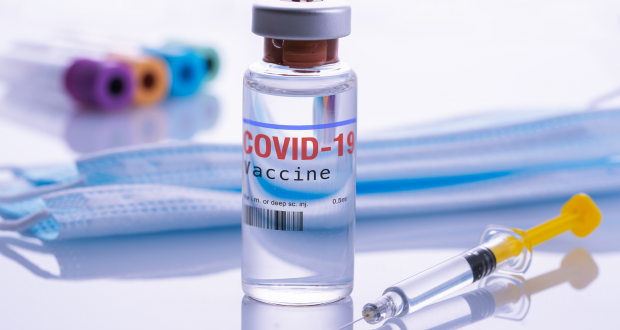By UnitedHealthcare of California
As more individuals across the U.S. become eligible to receive the COVID-19 vaccine, there is still widespread confusion about how to secure and prepare for an appointment. With eligibility requirements and sign-up processes differing by state and county, it can be difficult to keep track of current information.
Below are answers to common questions related to COVID-19 vaccines and access, as well as tips and tools for ensuring a smooth vaccination process.
What proactive steps can individuals take to access vaccines?
COVID-19 vaccine availability changes quickly. If you’re eligible to get the vaccine, you’re encouraged to take early steps to secure an appointment or get your name on a local vaccination list.
Here are a few ways to stay on top of the latest news and vaccine availability:
- Stay informed on the latest vaccine information from the CDC
- Visit state or local health department websites to see when it’s your turn to get the COVID-19 vaccine and find information on vaccination providers
- Sign up for e-alerts from your state to get regular updates
- Keep up with their local news for information on where vaccines may be available in their area
- Ask your doctor or local pharmacy about vaccine availability
- Be mindful of scams and remember that you should not pay to be put on a vaccination list
Once eligible, how can individuals go about finding available vaccine appointments?
UnitedHealthcare has developed an online COVID-19 vaccine resource locator tool, available in English and Spanish for free to the general public. This tool aggregates available public information directly from state and country public health websites, and from the retail pharmacies currently distributing COVID-19 vaccines.
- The site includes all states and territories through a zip-code level search and is updated twice daily.
- It aggregates local and state health department links, as well as external links to retail pharmacies with local scheduling capabilities. Future content will likely include health systems and federally qualified health centers.
What do you need to bring to your vaccine appointment?
- You should be prepared to show your photo ID, such as a driver’s license, to show proof of age. You might also need proof of residency. Your health department website or vaccination provider may also have a list of required documents.
- Medicare plan members:
- You will need your red, white and blue Medicare card because Medicare is paying for the member’s vaccine in 2021. If you don’t have your Medicare card, you can find it by logging into your Social Security account. More information on your Medicare card can be found on the CMS site.
- If you receive the vaccine at a regular provider visit, you will also need your health insurance member ID card.
- For people with non-Medicare health plans, you will need to show your health insurance member ID card.
Remember to wear your face mask and physically distance at your appointment. Additional information on preparing for a vaccination appointment can be found on the CDC website.
When should you plan on getting a second dose of the COVID-19 vaccine?
People will need to get both doses within 3-4 weeks to get the protection indicated by the manufacturer. You should make sure both of the doses received are from the same manufacturer and that the second dose is as close to the recommended timing as possible. Follow the vaccination instructions from the manufacturer:
- Pfizer COVID-19 vaccine: Requires 2 doses, given 3 weeks apart
- Moderna COVID-19 vaccine: Requires 2 doses, given 1 month apart
- Johnson & Johnson COVID-19 vaccine: Requires no second dose
The easiest course of action is to schedule both doses at the same time to meet these time frames and get protection from COVID-19. The vaccination provider should assist you with scheduling the second dose when you receive your first dose. You can also sign up for free text messaging through the CDC’s VaxText to a get a reminder about your second dose of the COVID-19 vaccine.
 Westside Story Newspaper – Online The News of The Empire – Sharing the Quest for Excellence
Westside Story Newspaper – Online The News of The Empire – Sharing the Quest for Excellence




